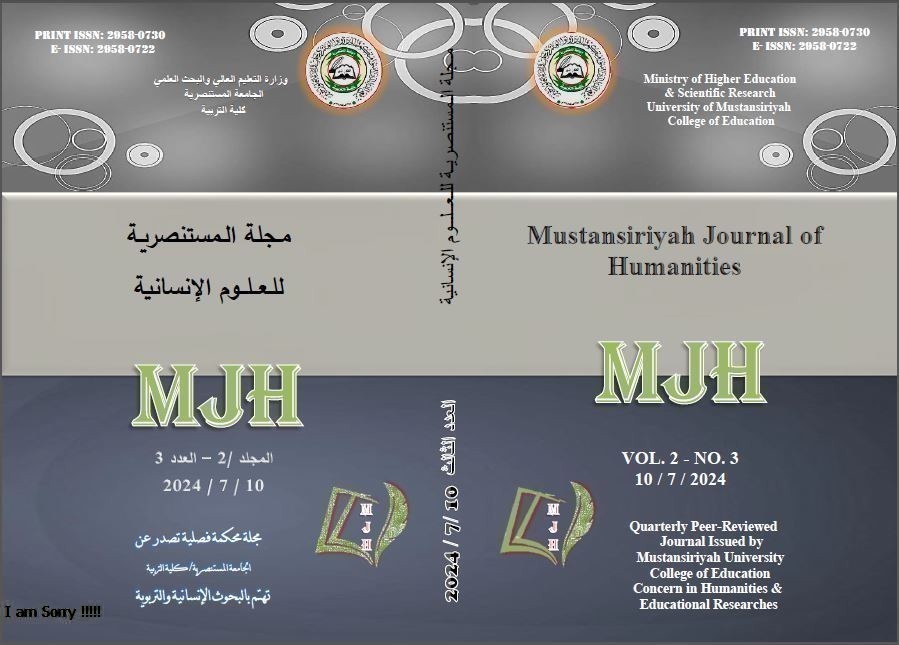Al-Hijjaj in the Origin of Imamate between the Judge Abdul-Jabbar Al-Mu'tazili and Al -Sharif Al-Murtada
DOI:
https://doi.org/10.47831/mjh.v2i4.609Keywords:
: lntroductions, Al-Hijjaj, Imamate, Judge Abdul-Jabbar, Al -Sharif Al-MurtadaAbstract
It is known that argumentation is one of the contemporary applied linguistic outputs, and it receives significant attention from contemporary linguistic scholars. It is evident that argumentation has merged with rhetoric; therefore, they referred to argumentation as the "new rhetoric" because the main theme between them is persuasion. Thus, it is impossible to separate rhetoric from argumentation. Rhetoric relies on persuasion with the aim of influence, while argumentation relies on influence with the aim of persuasion. Argumentation has different types, including linguistic argumentation and pragmatic rhetorical argumentation. This research is dedicated to studying a section of rhetorical argumentation – specifically, the premises – which are the foundations upon which argumentation is built. They serve as the starting point in the argumentative process and are used to deduce the evidence related to a particular intellectual stance. The practical sample in this research is the twentieth part of the book "Al-Mughni fi Abwab al-Tawhid wal-Adl" by Qadi Abd al-Jabbar al-Mu'tazili and the book "Al-Shafi fi al-Imamah" by Sharif al-Murtadha, which is a response to the aforementioned book by Qadi Abd al-Jabbar.





